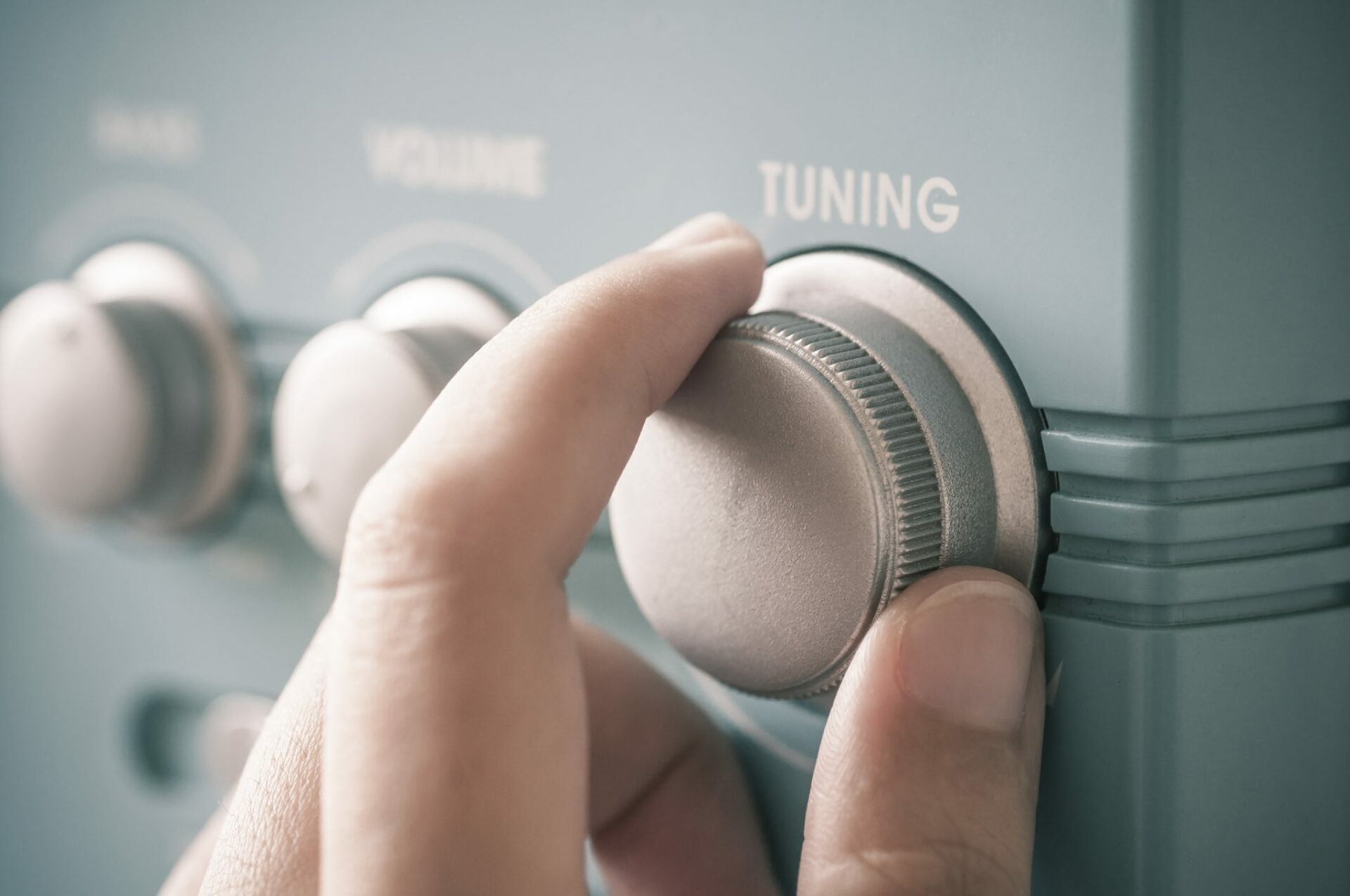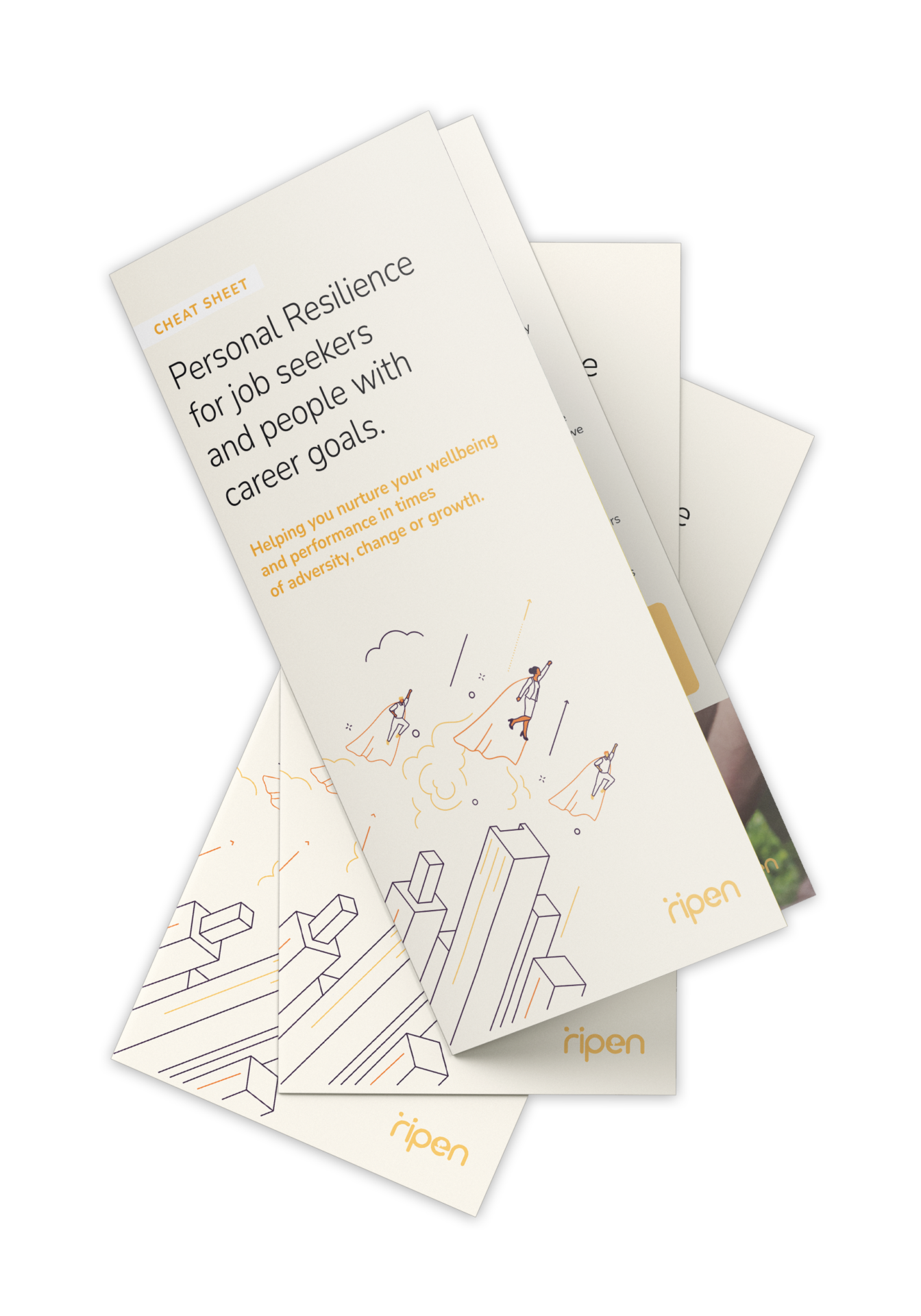
Listening to Learn
The conscious mental skill you are already an expert at, but may not be using enough…
Hearing is a physical skill. If you are fortunate you’ve been born with ears and the physical ability to hear. Listening however, is a mental skill. Listening is a choice; we choose to listen or we don’t. But why do we choose not to listen?
Human’s had to develop the mental skill of listening to tune our ears towards certain sounds and away from others so that we could focus our attention for survival. Tuning into sounds that would help us find food or avoid danger. Tuning out sounds at night to be able to rest and sleep. We also needed to bond with a ‘mate’ to continue the human race, so we had to learn to listen to each other in non-verbal and eventually verbal communication.
In today’s world we are bombarded with noise, and communication. Both relevant and irrelevant to our daily goals and tasks. For example, TV advertisers play around with the pitch their adverts hit our ears, which is why it sounds like we’ve sat on the volume up button on the remote control when the adverts start. As such, we’ve become experts at tuning our ears towards information we need, and away from information we don’t. Or have we?
BRAIN HACK
During any moment of the day, during any meeting or any conversation, we are choosing how intently we want to listen, and what we are listening for. There are four typical levels or reasons we listen:
listening to…
…be polite
We do just enough to show others we are listening, such as verbal nods, but we are really ignoring most of what’s being said.
…confirm
We are listening for information to confirm our existing knowledge or bias, and we tend to ignore the information outside of this.
…specifics
We are listening to hear information that is specific to what we are trying to achieve or to what we believe is relevant to us.
…learn
We are choosing to be fully present, listening intently in an attempt to take in and learn as much information as possible.
Put simply, the information we absorb (or don’t absorb) at any given moment of the day is based on our choice (conscious or unconscious choice) to listen. We listen based on our existing knowledge or bias, our own agenda and beliefs, and based on our judgements of what or whom is sharing the information. All of which may or may not be accurate, which means the information (and meaning) we are choosing to absorb may or may not be accurate as well.
The mental skill of listening takes mental energy. Done well for long periods of time it is exhausting – just think about the last time you were in a training program, or a full-day of important meetings where you were listening with the intent to learn as much as possible. We are all experts at being able to listen openly and intently when we need to, or want to. But are you doing it enough?
BENEFITS
When completing focused work at our desk, it makes sense to close our listening and be selective of the sounds going on around us. But in a meeting or a conversation with a colleague, a friend, or even our partner, just think how much more knowledge could be gained by listening intently and without bias or judgement. How much our relationships could improve and deepen. We might also learn that our existing knowledge or bias is completely wrong. We might learn that our prejudgements of others are often inaccurate.
You are already an expert at the mental skill of listening. Just imagine the success you could have in your work, home and social life, just by consciously doing more of something you are already an expert at.
